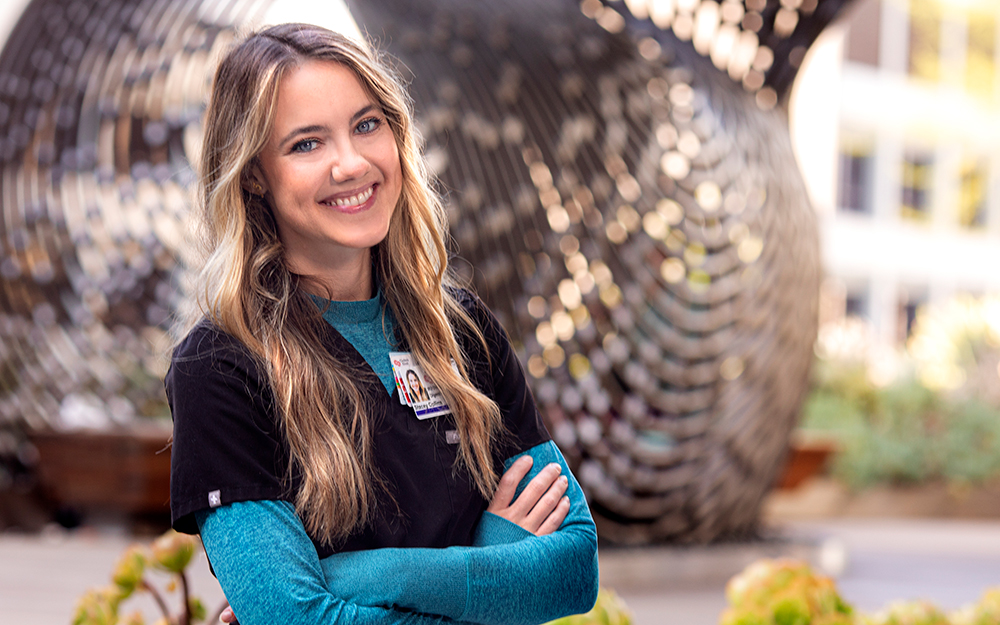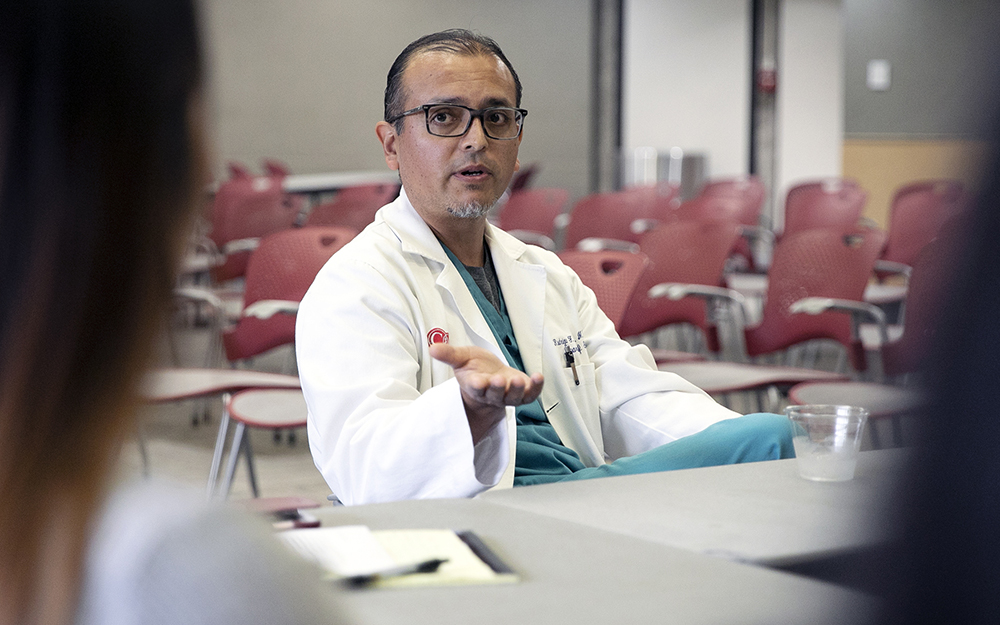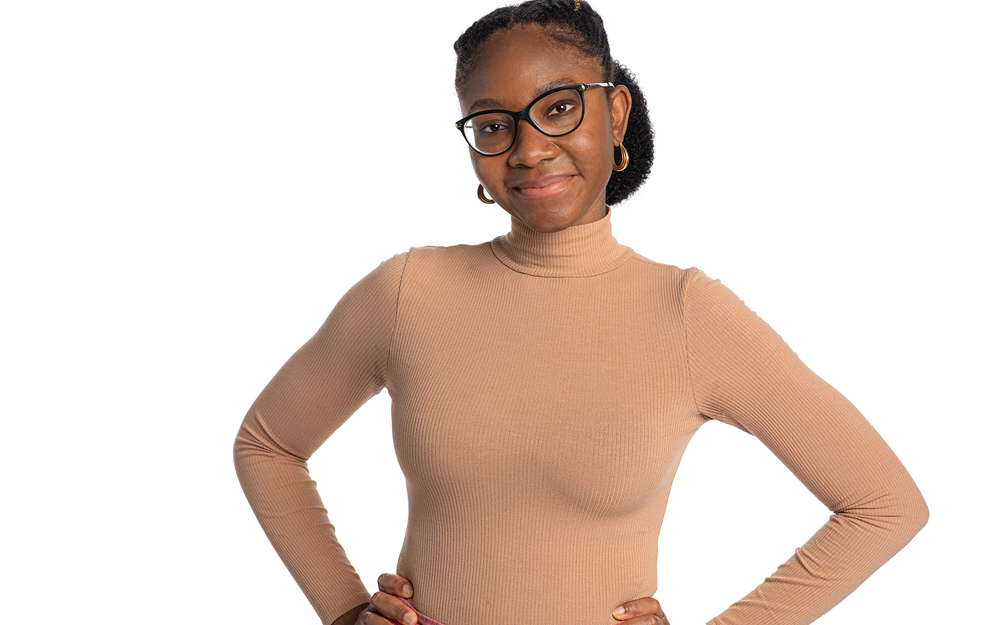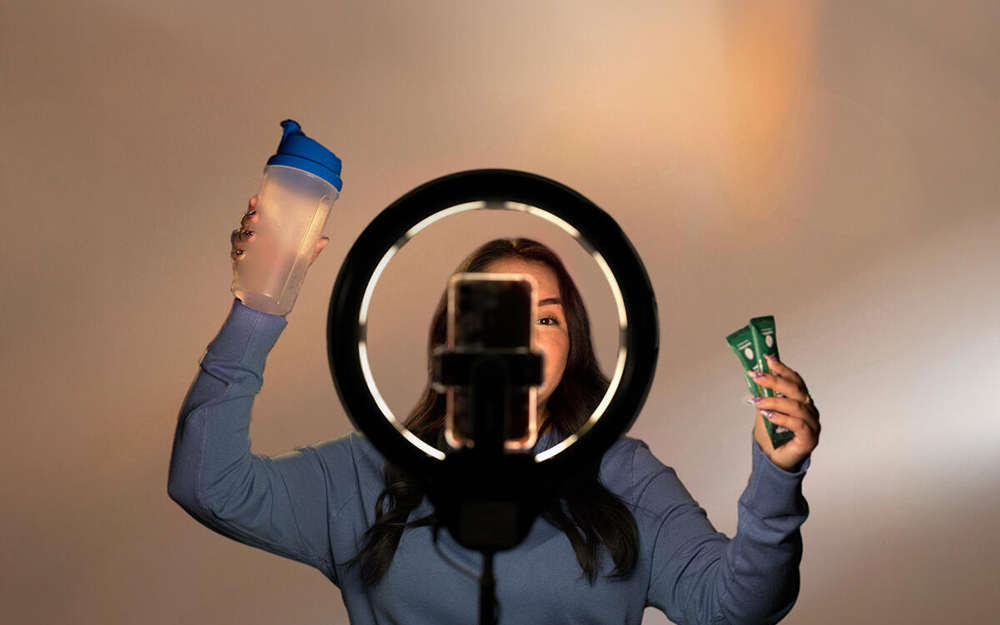Master's Student Harnesses Technology to Advance Medicine
Date
May 25, 2022
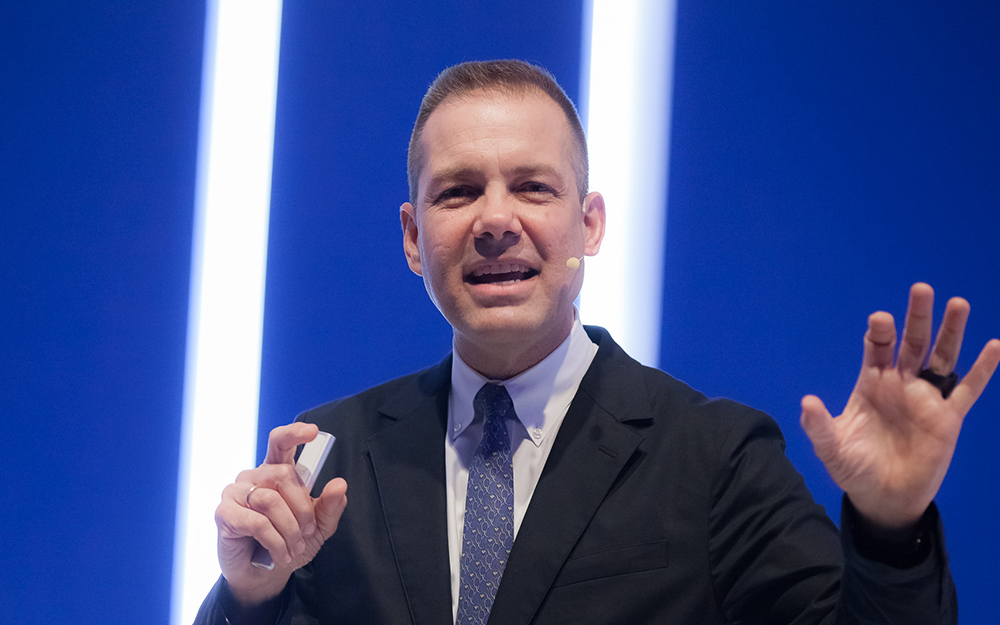
Date
May 25, 2022
Credits
Medical providers featured in this article
In Brief
{{cta-block}}
For Dr. Rafael Grossman, becoming a student in the Master of Science in Health Systems (MSHS) program at Cedars-Sinai spawned from an unexpected place: Twitter.
"I think that's where I 'met' Dr. Brennan Spiegel, founder of the MSHS program," Dr. Grossmann says.
{{providers}}
"I knew the MSHS program would be a deep dive into the business of medicine, and it would allow me to become part of the Cedars-Sinai family where I would have access to an amazing culture and the latest technological innovations in healthcare delivery."
An early tech adopter
In tandem with pursuing his master's at Cedars-Sinai, Dr. Grossmann is the associate director of the Trauma Center at Portsmouth Regional Hospital in New Hampshire. He recently moved there after working in Maine for 17 years, where he helped start the first ACS-verified Level II trauma center in the state and also the first robotic-assisted surgery in the hospital system.
Along with performing surgery, caring for patients and helping run the trauma center, Dr. Grossmann also trains family practice residents and students. It's a position that allows him to do the clinical work he loves while also devoting time to what he calls "geeky tech stuff." In fact, in 2013, Dr. Grossmann became the first surgeon in the world to use Google Glass during a live surgical procedure.
"I streamed my view of the surgical field live to a group of students in the next room while they sat in front of a big screen and asked questions," Dr. Grossman says.
"A friend of mine wrote a piece for Forbes about how I used Google Glass as a teaching tool for medical students, and the day after the piece ran, I was receiving inquiring calls from South America, Asia and Europe."
That event, coupled with the surrounding publicity, catapulted Dr. Grossman into the digital medical ecosystem. He began traveling the world, keynote speaking at multiple venues, networking and advocating for the smart use of technology to enhance education and healthcare.
Merging his medical and tech interests
Having connected with Dr. Spiegel on Twitter, Dr. Grossman knew that the MSHS program at Cedars-Sinai would be a natural fit. He also took advantage of the pandemic to complete multiple courses and earn an advanced executive certificate at MIT.
"I don't have a background in academic medicine, and I've always shied away from the business side of healthcare delivery," Dr. Grossmann says.
"I knew the MSHS program would be a deep dive into the business of medicine, and it would allow me to become part of the Cedars-Sinai family where I would have access to an amazing culture and the latest technological innovations in healthcare delivery."
Pursuing his passion as a healthcare innovator
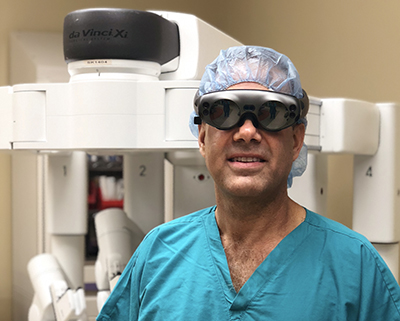
Born in Venezuela, Dr. Grossmann was the only one of his parents' eight children who pursued medicine, even though his great-grandfather, grandfather and father were all physicians. At the beginning of medical school, Dr. Grossmann worked alongside his father in Caracas, Venezuela.
"I never felt pushed into medicine, but I was always drawn to biology and sciences, and I was always doing things with my hands and working with people," Dr. Grossmann says. "Also, as a kid, I would break apart my electronics to see how they worked, then put them back together again."
Despite his early interest in tech, Dr. Grossmann never dreamed he'd build a career that complements his two passions: medicine and information technology. Today, he is a full-time surgeon, digital health global influencer, public speaker and healthcare innovator.
"I'm always focusing on how I can improve systems and make them better," says Dr. Grossmann, who was doing telemedicine with iPod touch devices even before the term "telemedicine" entered the national lexicon.
Combating burnout among doctors using AI
As a student in the MSHS program, Dr. Grossmann focuses on the power of technology not just to improve patient outcomes, but also to enhance the lives of physicians. One of his current projects: addressing the issue of mental health among clinicians.
"We are working on a platform that uses artificial intelligence to quantify burnout," Dr. Grossmann says.
"Burnout is subjective, but if we can use sensors, rings, patches and eyeglasses to measure objective indicators, such as temperature, blood pressure, respiration and heart rate, we can learn how to address burnout before it happens."
Discoveries: A Master's Student Studies Reiki for Hospital Patients
Healthcare in the 21st century
To avoid burnout, Dr. Grossmann spends time outdoors, hiking, exploring and enjoying the beaches and mountains in New England. A husband and father of three grown children, Dr. Grossmann splits his time between Maine and New Hampshire.
"The master's program has opened my eyes to the real possibilities in healthcare," Dr. Grossmann says. "The variety of information, and how it is delivered, help to finally complete a 'million-pieces puzzle,' the puzzle of medicine."
"The program is all-immersive and multifaceted experience that prepares the person to use every tool in the toolbox, in a smart fashion, to make healthcare what it should be in the 21st century."

